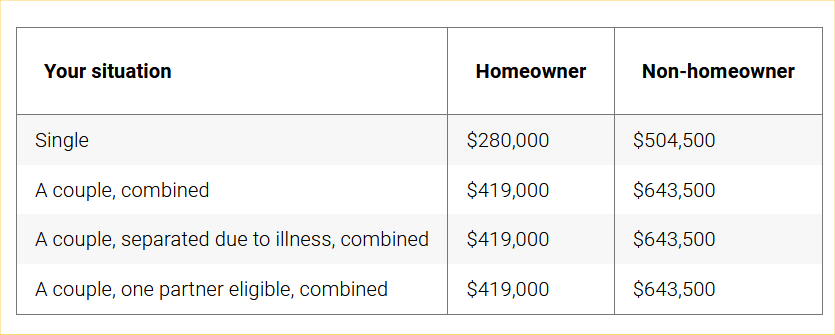Cash remains the most dominant form of payment on the African continent including South Africa, a survey has found.
Data from PwC Strategy’s 2022 Open Banking and Payments Survey shows debit cards come a close second.
The survey is a biannual study of consumers’ payment and open banking preferences.
Respondents were interviewed across three key African economies, South Africa, Kenya and Nigeria, which represent the largest economies in each market area.
Of the 1,357 respondents who participated in the survey in September and October, a third said cash was their preferred payment method.
In South Africa, the biggest cash users were youths aged 18 to 25.
Half the respondents said they pay with cash because there is no alternative payment option available, or because merchants ask for it.
Chantal Maritz of PwC Africa said this finding highlighted the lack of varied digital payment acceptance mediums and infrastructure in all three African countries.
“However, another key driver of cash prevalence is a lack of financial education. Consumers with low financial literacy often overlook indirect costs of cash, such as the cost of their transportation to cash access points, security risks, and loss of interest. This could result in respondents not finding digital payment alternatives intuitive, making them revert to what they know.”
In all three countries, debit cards were the second most common payment method, with high use in South Africa (32%) and Nigeria (41%).
In South Africa, the high use may be attributed to the country’s large banked population of about 84%, Maritz said.
In Nigeria, the banked population increased to 45.3% in 2021, but the high adoption of debit cards is likely due to its large number of point of sale (POS) devices.
Maritz said in South Africa and Kenya, the number of mobile phone subscriptions has exceeded the population at 1.7 and 1.08 times the population respectively. In Nigeria, mobile phone subscriptions are almost 90% of the total population.
The number of respondents already using mobile phones to make POS payments in Kenya (69%) is almost double that in South Africa (28%) and Nigeria (39%), and is expected to grow over the next few years as mobile phone penetration and mobile money increase.
While the concept of open banking remains new, the survey found respondents are willing to share their data with reputable companies, provided it benefits them.
The majority of respondents (29%) also cited the importance of a good mobile banking app.
However, in contrast with the importance of digital channels, the second and third-most important criteria were low-cost cash withdrawals (24%) and proximity of branches or ATMs (14%).
“This speaks to Africa’s underbanked individuals who have bank accounts but still choose to transact only in cash,” Maritz said.
“In South Africa alone, the majority of the population have bank accounts, though 25% (8.3-million individuals) prefer to withdraw all their money and transact in cash. This phenomenon is confirmed in the survey, where only South African respondents believed low-cost withdrawals to be more important than a good mobile banking app.”
While the majority of South African respondents are hesitant to open bank accounts with companies other than banks, Kenyan and Nigerian respondents are two times more willing to open bank accounts with non-banks.
South African respondents said they were more likely to open an account with a retailer (27%), compared to the other markets, which highlights the many South Africans who already hold clothing and loyalty accounts with some long-standing retailers.
Considering both data sharing and opening a bank account, the survey reflects that 25% of Africans placed higher trust in banks than any other company.
A summary of some of the survey’s insightful findings include:
- Cash leads across Africa at one third of all payments;
- 50% of respondents pay with cash because there is no alternative, or merchants request it;
- Debit cards are second to cash in South Africa and Nigeria at 27%, while nonbank wallets are in second place in Kenya at 39%;
- 69% of Kenyan respondents already pay with mobile phones in-store;
- More than 70% of respondents in South Africa and Nigeria use bank cards and EFT for online shopping; 44% of Kenyans use mobile phones;
- 63% of respondents pay with their mobile phones in-store, or plan to do so in future;
- 28% of South African respondents would not open bank accounts with non-banks, compared to 14% of Kenyan and Nigerian respondents;
- A good mobile banking app followed by low-cost cash withdrawals are most important to Africans choosing a bank




